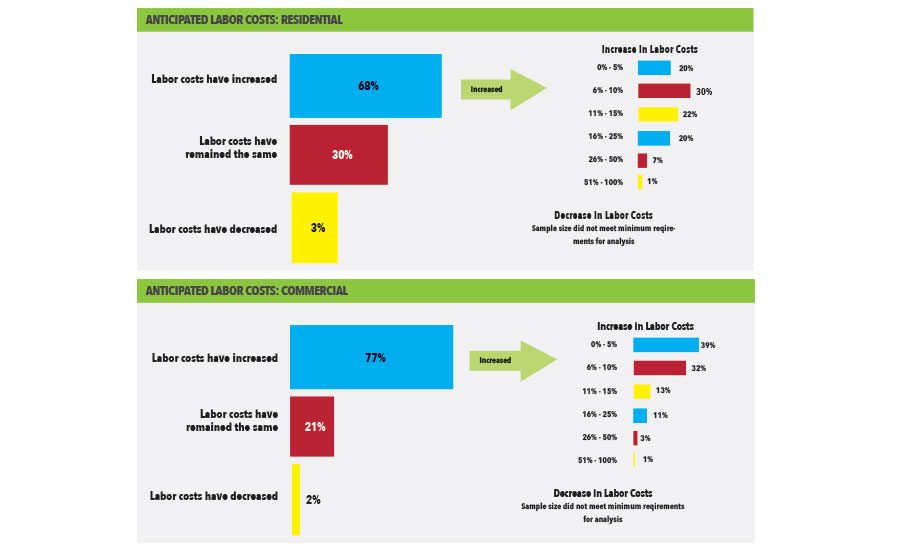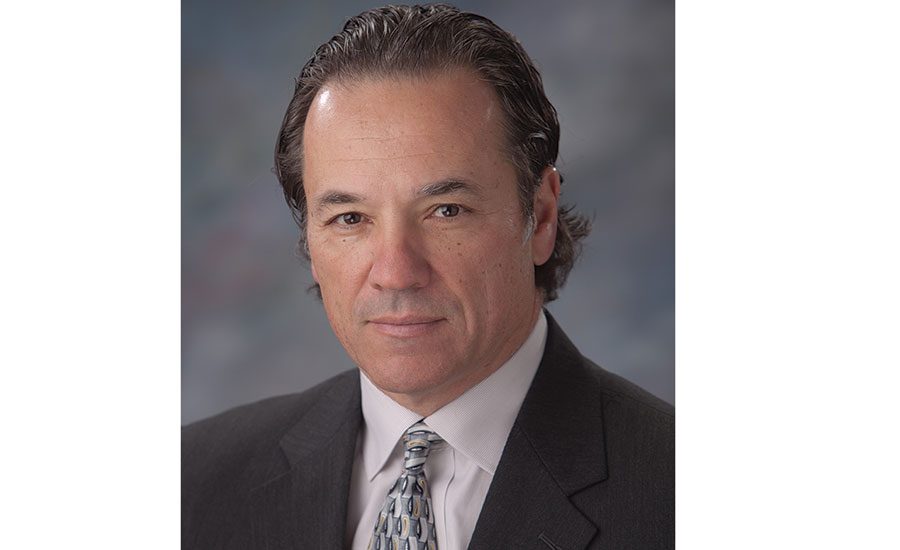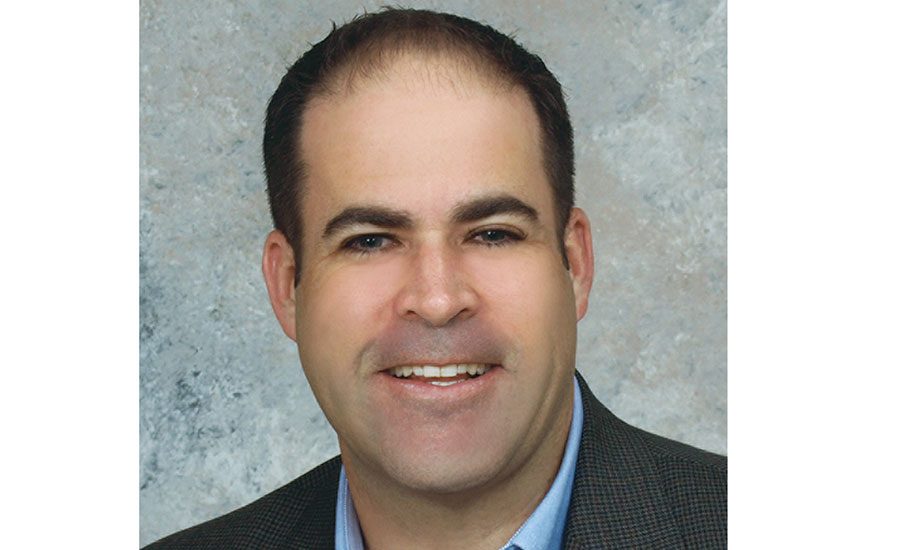Employee or Independent Roofing Subcontractor?
By Trent Cotney
New rules could have an impact on many roofing contractors in 2016
Throughout the United States, roofing contractors use subcontractors to provide labor on various projects not only as a necessity due to the lack of skilled labor, but also the potential to defray liability and employee-associated taxes and expenses. A recent interpretation letter issued by the U. S. Department of Labor Wage and Hour Division (DOL) may have a serious impact on the roofing industry. The DOL eliminated the prior common law standards that federal courts used to determine if a subcontractor was truly operating as an independent contractor.
The old standards were commonly referred to as the “suffer or permit” and “control” concepts. Such standards were broad in scope and vast in interpretation. The “suffer or permit” standard held that an employer was liable for the workers who performed labor on behalf of the company if the employer had the opportunity to detect that work was being performed illegally or beyond the confines of federal labor laws. The “control” standard was similar and required that courts examine an employer’s control over the workers performing the labor. Generally, courts would consider a worker an employee when it was apparent that the employer exhibited sufficient control over the worker.
The new standard is known as the “economic realities test.” Federal agencies such as OSHA, EPA, SSA, ICE and many others will be partnering with DOL Wage and Hour local offices to prepare for a series of brand new enforcement actions in 2016. Under the new approach, the DOL may have the ability to pursue companies to turn their independent subcontractors into employees for the purposes of fines, citations, and/or legal action. As a result, employers must have the necessary contractual language in all subcontract agreements to prove that independent entities are not dependent upon the employer as employees.
Similarly, employers should operate and institute policies that demonstrate that hired subcontractors are in business for themselves as independent contractors. An employer who fails to show that subcontractors are independent entities may face an enforcement action for misclassifying workers.
Although subcontracts are important, they may not provide the appropriate verification to show that a subcontractor is independent. Federal case law has ruled that the label an employer gives a subcontractor will not be the decisive factor in determining if the subcontractor is in business for himself/herself or simply an employee without the required employment benefits, insurance or payroll tax. Under the new economic realities test, the federal government will examine:
- The extent to which the work performed is an integral part of the employer’s business;
- The worker’s opportunity for profit or loss depending on his or her managerial skill;
- The extent of the relative investments of the employer and the worker;
- Whether the work performed requires special skills and initiative;
- The permanency of the relationship; and
- The degree of control exercised or retained by the employer.
The greater the level of independence, the more likely a subcontractor will be considered independent from the prime roofing contractor. While not definitive, agencies may look to see if subcontractors work for multiple roofers, advertise, run the risk of increased profit or loss on jobs, have their own equipment and tools, and provide their own safety and employee training.
In the age of increased government interference, roofing contractors must make sure that their policies and practices conform to federal standards regarding the use of subcontractor labor on projects.
Author’s note: The information contained in this article is for general educational purposes only. This information does not constitute legal advice, is not intended to constitute legal advice, nor should it be relied upon as legal advice for specific factual patterns or situations.
Trent Cotney is Florida Bar certified in construction law, general counsel and a director of the Florida Roofing & Sheet Metal Contractors Association (FRSA), Treasurer of the West Coast Roofing Contractors Association (WCRCA), a member of the National Roofing Contractors Association (NRCA) and several other roofing associations. He can be reached at tcotney@trentcotney.com or by phone at 813-579-3278.























